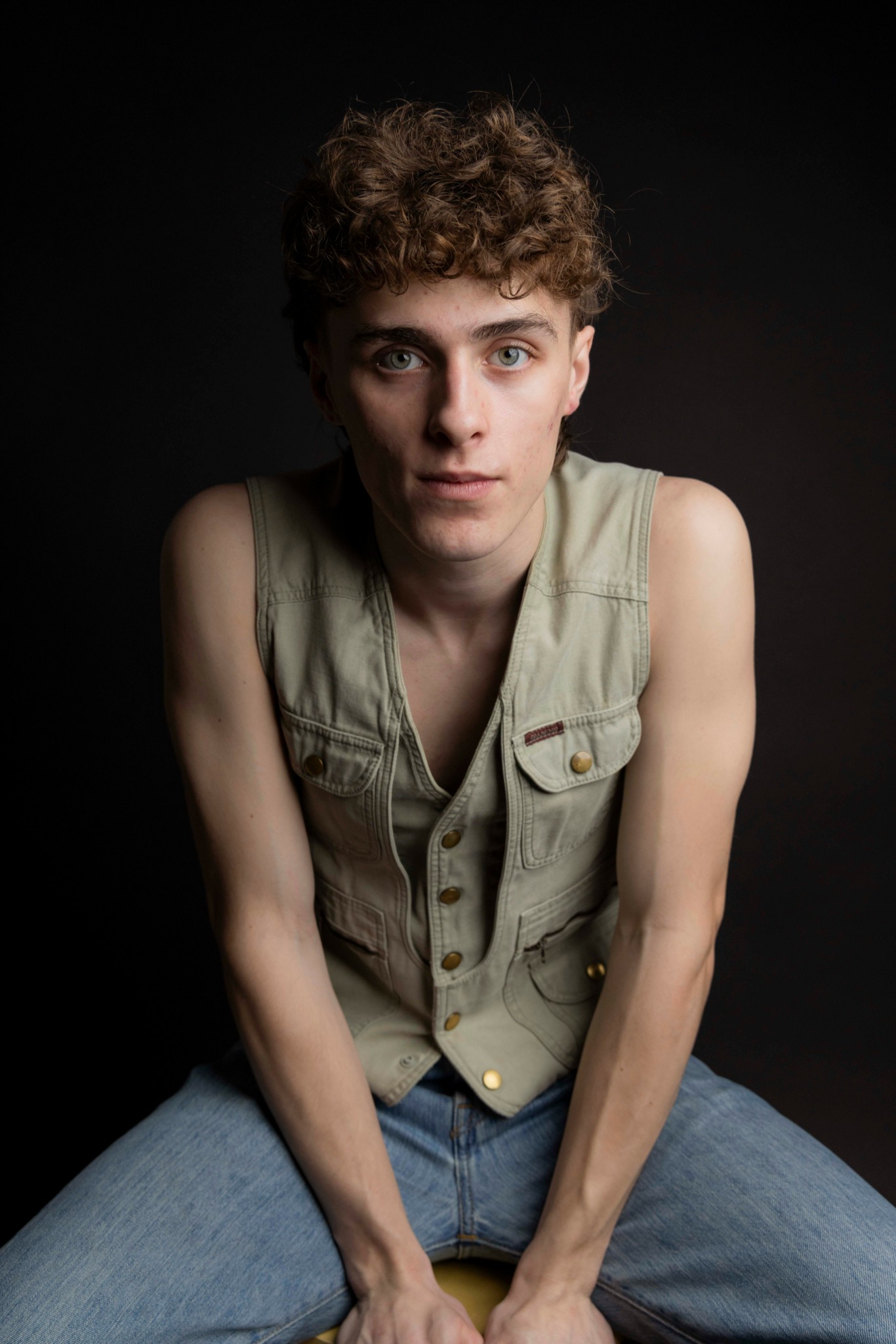We were lucky to catch up with Jack Johnstone recently and have shared our conversation below.
Jack, thanks for joining us, excited to have you contributing your stories and insights. Can you talk to us about how you learned to do what you do?
The beauty of acting is that it’s something that you build in parallel to your day-to-day life. Everything in acting is drawn from experience and a wealth of emotional and social knowledge. Living is learning.
That being said, drama school (I studied at the American Academy of Dramatic Arts) was instrumental in my personal and professional growth. What I took away from that time is priceless. However, before considering this kind of training, especially conservatory training, it’s important to note all the things it can’t do for you. It will not give you all the answers, it will not hold your hand, and it will not expedite your success. There’s no way to rush the craft; you have to accept that you are in the place that you are in and that it’s a constant process. What it will do for you, if you are willing to surrender to it, is teach you abandon, truth-telling, and play. Yes, there are techniques—my school focused on Meisner and Uta Hagen. Technique-wise, the most important thing I learned was the art of listening and script analysis. However, all of the technical aspects of acting are useless if you haven’t first learned to be vulnerable, let go, and have fun.
Does it sound like I have it all figured out? I don’t. Hindsight is, of course, 20/20. I spent a good deal of my time crying, focusing on my teachers’ approval, steamrolling scenes, and wondering if I’m just useless—all of which caused me to drink, drink and drink. This wasn’t helpful, obviously. Everyone feels this though. Acting has a way of getting into your worst fears and anxieties. It feels terrible, but it’s often a sign you are being vulnerable. The advice is simple: do what excites you, not your teacher or peers. Test it out—make a choice that excites you and one that you think your teacher wants to see. I bet I can guess which one they’ll enjoy more.
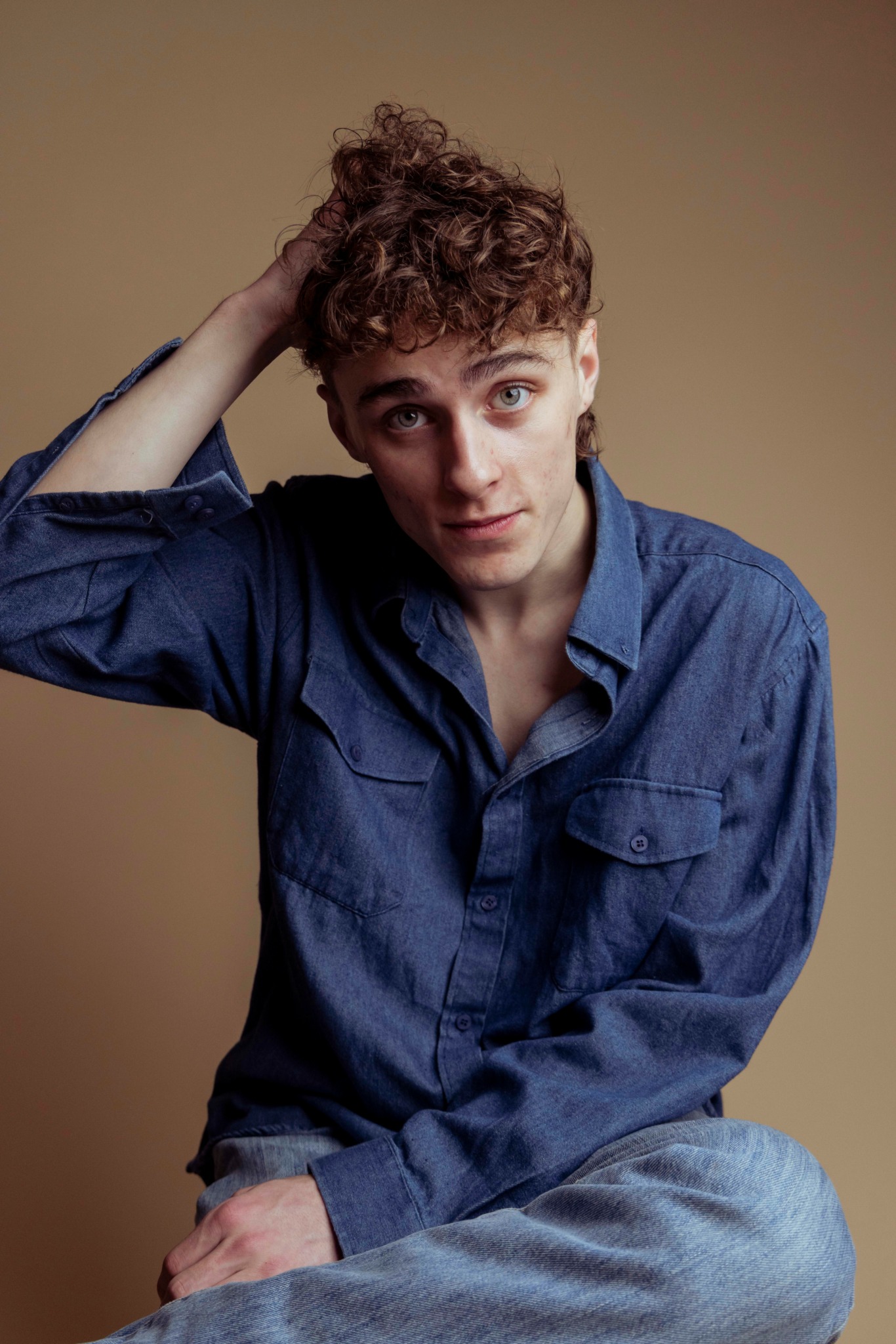
Awesome – so before we get into the rest of our questions, can you briefly introduce yourself to our readers.
I’m Jack Johnstone, an actor from Manchester, England, who has been living in New York City for three years now. At my best, I’m a vessel for telling stories. At my worst, I’m throwing my phone at the wall over the state of my face in a self-tape.
I was classically trained at The American Academy of Dramatic Arts in NYC, with film and TV credits including HBO, BBC, and Apple TV, as well as experience in both American and international theatre. I had the privilege of being awarded the Episcopal Actors Guild of America for outstanding ability. Plus, you can catch me as a lead in the upcoming series The Salem Sisters, streaming on Amazon Prime in October 2025.
I was a troubled little boy back in the UK—the faculty had no idea what to do with me. That was until Mrs. Davies had the brainy idea to force me to audition for the Year 6 final musical, in which I was cast as the lead. I hated it, especially my solo, but I did it—and after we had finished, I wanted to do it again. So, I did just that throughout my school years, even joining the famous Royal Exchange Theatre Company from age 17 to 18.
This was all great, but being from Manchester—a city not as big or wealthy as London—I was told to do a “trade” or get a degree in geography. I rebelled and applied to the big UK drama schools, such as LAMDA and RADA. I didn’t get in. Then I saw AADA advertised online and, on a whim, submitted my information. I still do not know what drove me to do so but now here I am in New York, with no plan of going back.
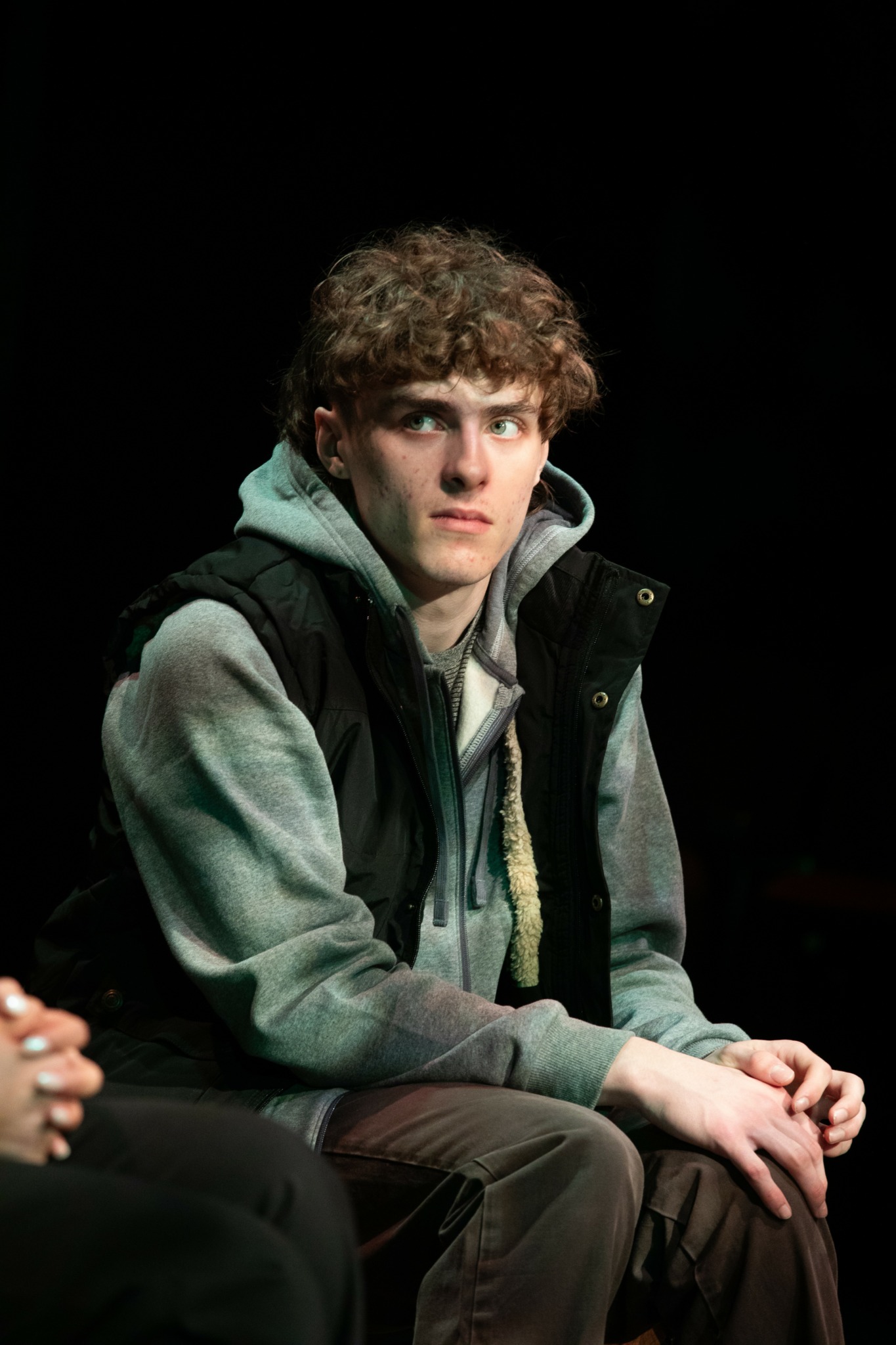
Do you think there is something that non-creatives might struggle to understand about your journey as a creative? Maybe you can shed some light?
IT’S NOT JUST ABOUT LEARNING LINES. Apologies—I’m just sick of hearing it.
Acting, as revered and glorified as it is in pop culture, has huge misconceptions about how it functions. These are the top questions I get when I return home to the UK: How do you cry on cue? How do you train in acting? Isn’t it easy? How on earth do you learn all those lines? All I can say is, Hahaha! We’ve fooled you. That is our job: to make it seem effortless, to hide the process, and just be.
Our job, as my instructors used to say, is “living truthfully and spontaneously under imaginary circumstances.” It’s our job to bring truth to the text, be that personal experience, observations from life, or research. It’s our job to respond truthfully in the moment. That doesn’t relate to whether a character is telling the truth or not—it’s responding to whatever impulse arises when you are listening and when it’s your turn to talk. It’s also our job, on top of truth and spontaneity, to be interesting. As purist as you want to be about Meisner—a technique based in truth, listening, and not pushing for behavior or emotion—you have to create choices that you and, thus, the audience will find entertaining to watch.
A lot goes into acting. There are many techniques that all focus on different elements of the process, such as listening, script analysis, movement, sensory/emotional recall, and actions. A good actor should take from all the practitioners and find what works for them, so they can keep fooling the audience into thinking all we do is say lines.
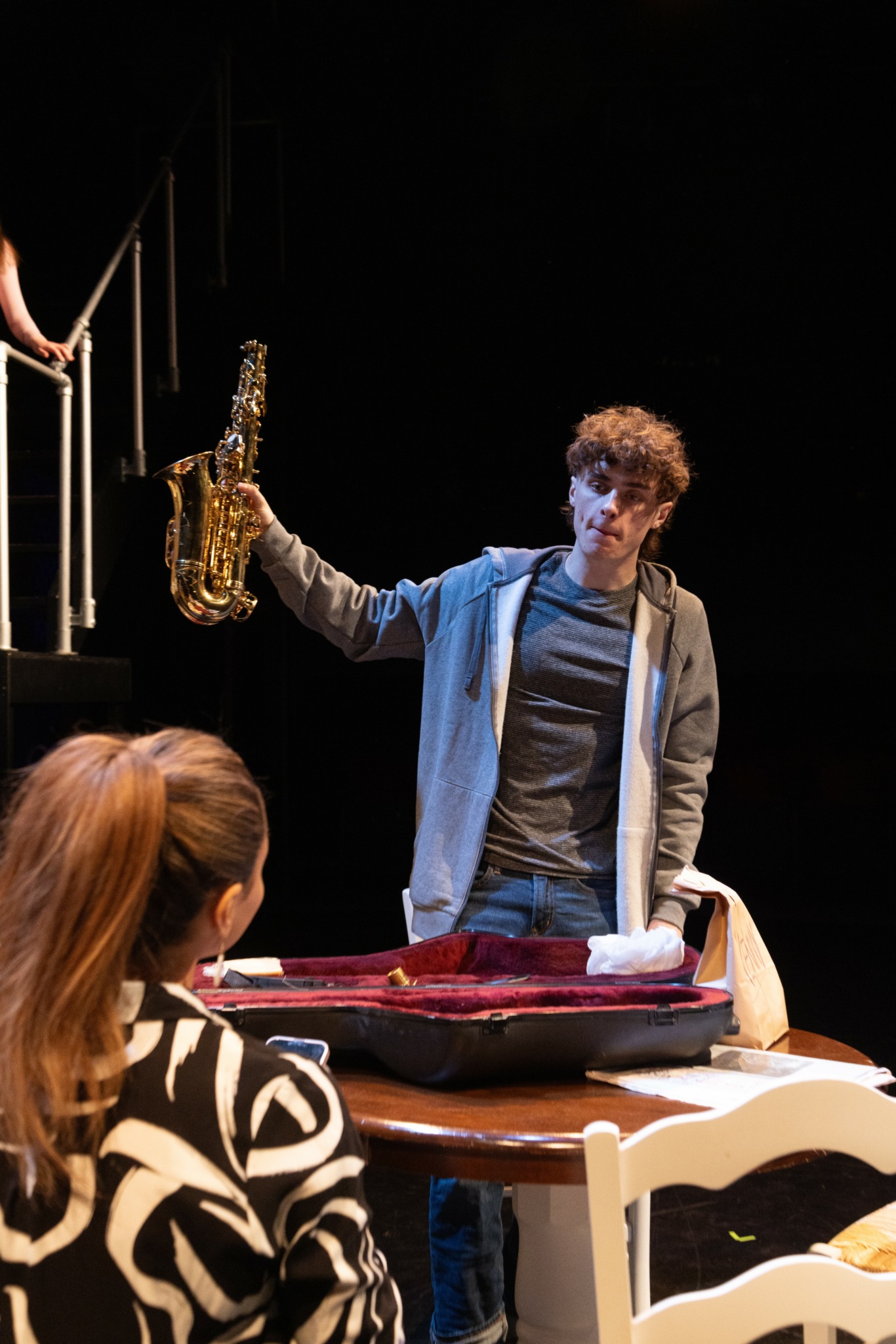
What’s the most rewarding aspect of being a creative in your experience?
This will be my shortest answer, as I’m not a fan of people patting themselves on the back thinking they’re saving the world with their performances. However, there are two main reasons why I do acting. One is that it’s the only thing that keeps me sane, the only thing that makes me feel confident, and the only thing that truly makes me present. And two is that I believe in the persistence of art: how it can help people understand the world and themselves better, how it records history through the individual’s perspective, and how it entertains people.
Contact Info:
- Instagram: Jackjohnstone__

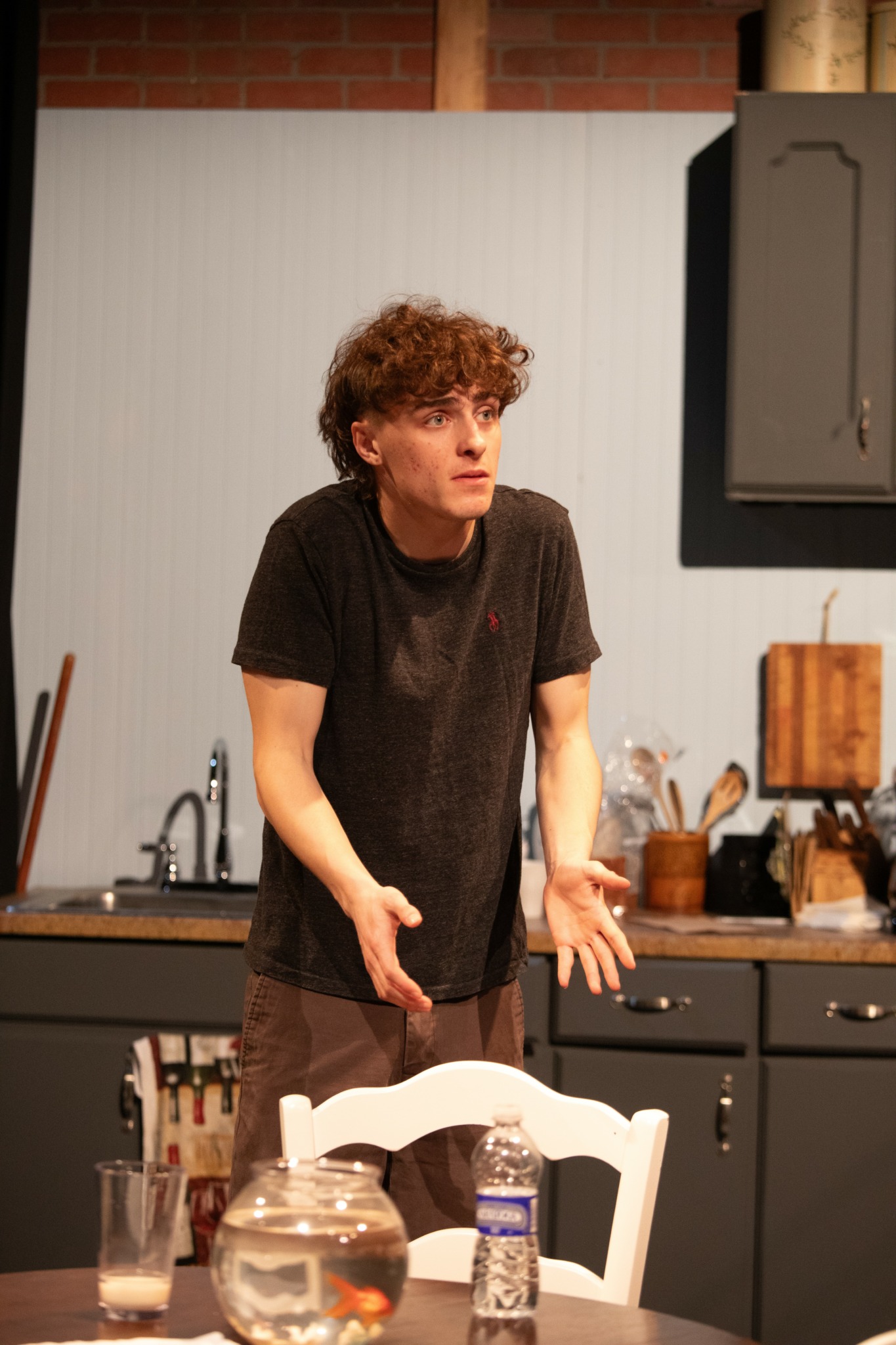

Image Credits
Headshots – Bianca Victoria
Theatre photos – Bronwen Sharp


